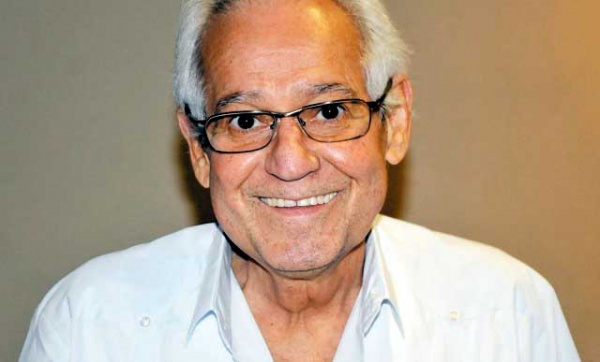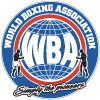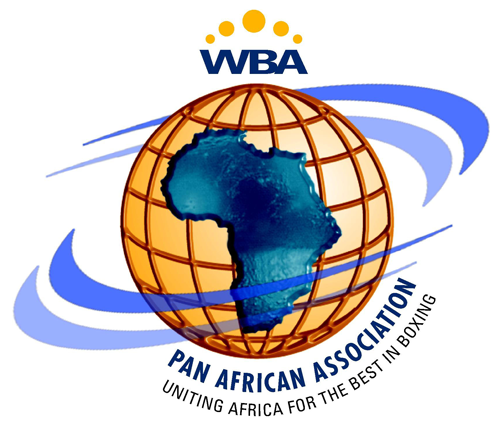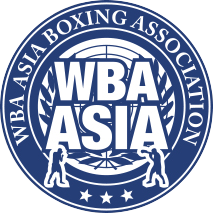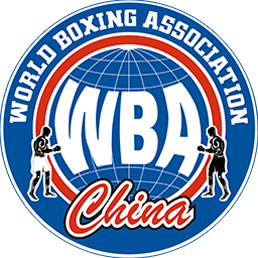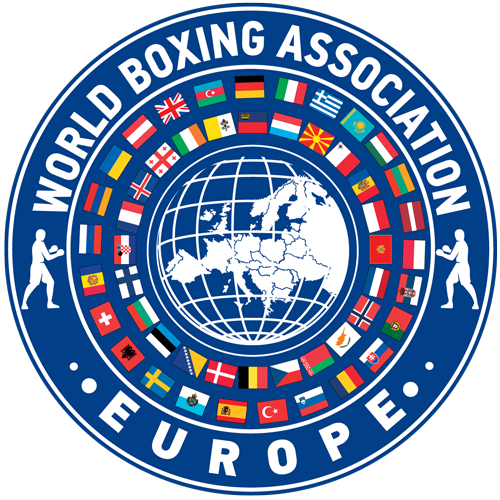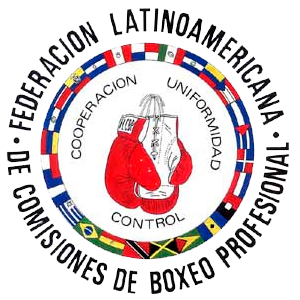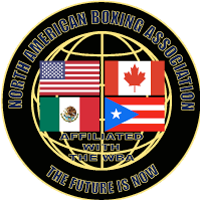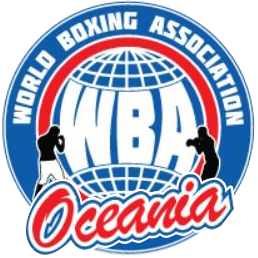
Francisco Gilberto Mendoza first got involved in boxing as an amateur boxer in Barquisimeto, Venezuela, where he was born on March 30, 1943.
He was not the greatest fighter to ever lace up gloves, but the great battles he had in the Black Panther were something he never forgot. Among the vivid memories of those days was a chance to spar with Ramon Arias, first challenger to world crown born in Venezuela.
“For me it was an honor to share the ring with Ramon,” he said. “There were long lines just to get a chance to talk with him.”
In his college days, Mendoza carried on his studies in Caracas, the capital of Venezuela. It was during this time at Sr. Mendoza’s boxing to a backseat to his education. However, years later, in the mid-1970s, when he moved to Maracay, Aragua, Venezuela, he began working hand-in-hand with Alberto Sarmiento as treasurer of the commission of the town.
Sarmiento, who chaired the working group, became president of the Commission of Aragua, a position he held from 1977 to 1980.
As chairman of the committee, Sarmiento and Mendoza worked closely with the WBA, eventually becoming part of the organization that grew with the ascent to the presidency of Fernando Mandry Galindez.
From there Sr. Mendoza held various positions and created regulations for the WBA to oversee title bouts. He also created the classification system that still governs boxing today.
His journey was not over. Panamanian Rodrigo Sanchez, the WBA president, was very ill and sent for Mendoza. He proposed that Mendoza, who had proven himself invaluable, run for president of the World Boxing Association.
He arrived at the 1982 convention in Puerto Rico where he would contest the presidency WBA presidency against American Robert Lee, whom he defeated in the act of voting.
At the convention on Margarita Island located north of Venezuela in the mid-1980s, the flagship program WBA KO Drugs was instituted. The KO Drugs campaign has grown over the years and now includes lectures in schools, in addition to sports events in which stars like “Tito” Trinidad, Oscar De La Hoya and Evander Holyfield, to name a few, have participated.
For 33 years Gilberto Mendoza ran the oldest governing body in boxing. There were many great memories, but there was pressure as well, including having to separate the WBA from South Africa during Apartheid or responding to demands from Mike Tyson and his team for an immediate rematch after his shocking upset loss to Buster Douglas in Tokyo.
For more than three decades Sr. Mendoza was the face of the WBA. He ran the organization honestly, openly, and with a steady hand. One of his special concerns was for the safety of the boxer who, Gilberto Mendoza believed, must be give the necessary tools to adjust to life after boxing. Among the many changes he implemented during his tenure, he changed the presidential term from one year to two and then five years with the intention that whoever was in charge could develop a good work program during that time.
Due to poor health, Gilberto Mendoza, in an emotional announcement at the 94th WBA Convention in Panama in December, withdrew from the presidency. His son, Gilberto Jesus Mendoza, who had been leading the WBA in his father’s absence, was elected unanimously to succeed Mendoza Sr. as president.
His legacy is as immense as his achievements. Francisco Gilberto Mendoza taught by example that perseverance and discipline were the best way to achieve goals, and that teamwork was essential.
As Sr. Mendoza said many times: “Let’s do it, we can do it, let’s do it together.”
This article was penned by the author who is not related to the WBA and the statements, expressions or opinions referenced herein are that of the author alone and not the WBA.


